To call writer/director Trey Edward Shults’ plague thriller It Comes at Night a bleak film would be a massive understatement. It’s a film defined by claustrophobia and hopelessness, immeasurably dark in both visual and thematic terms. It takes the tropes of the modern zombie apocalypse genre and marries them with the festering sense of isolation and paranoia of The Shining, delivering highly intelligent chills in a stripped-down, minimalistic package. It’s a profoundly moving piece of work, even if I can’t honestly say it’s very much fun.
Joel Edgerton stars as Paul, the patriarch of a small family — one that gets noticeably smaller in the opening minutes of the film — struggling to survive in the aftermath of an unspecified disease outbreak. Having walled off his wife and son (Carmen Ejogo, Kelvin Harrison Jr.) deep in the mountains, Paul takes every conceivable precaution to protect his clan from infection and interlopers. Given the genre, this status quo is certain to be disrupted, in this case at the hands of an intruder with a family of his own to protect. This is where It Comes at Night diverges from the supernatural horror that I’d expected and becomes something far more intimate and grounded. Those looking for jump scares and gore will come away disappointed, but anyone in the market for a taut, gripping melodrama on a painfully human scale will be handsomely rewarded.
Structurally, It Comes at Night is a bit off-kilter. The first two acts are methodically paced, and the ending, though brutal and effective, feels abrupt and lacking in any true catharsis. Then there’s the question of audience identification — Edgerton’s Paul is clearly the protagonist, but son Travis (Harrison) is presented as a point-of-view character, splitting the viewer’s allegiance in a way that can be distracting at times. This feint ultimately serves a narrative purpose, but it also dulls the emotional impact of the third act’s downward spiral. Despite the drawbacks of Shults’ approach to his story, it works more often than it doesn’t — due in large part to the director’s stylistic acumen.
While this is only his second feature, Shults already exhibits a masterful understanding of the capacity for visual aesthetics to reinforce and amplify tonal undercurrents within his narrative. The film is presented almost entirely in the labyrinthine interior of an isolated cabin or in the neighboring woods, often illuminated exclusively by flashlight or lantern. The inky black margins of the screen suggest an ever-present and perpetually invisible threat, creating a lack of visual context that becomes menacing in and of itself.
The only thing less evident than whatever’s waiting beyond the edge of the flashlight’s beam is the faintest glimmer of optimism for the film’s characters or the world they inhabit. It Comes at Night can be a trying experience at times, and its unrelentingly nihilistic sensibilities may be a major deterrent for some moviegoers. Yet Shults and Edgerton play to each other’s strengths, and the film’s remarkably effective management of tension warrants a look if only to see what can be accomplished with a minuscule budget when sufficient attention is paid to atmosphere, story and character. Maybe not the best date movie in the world, and taking your dad to see it on Father’s Day might be a particularly poor decision, but It Comes at Night will deservedly prove to be one of the most divisive and oft-discussed movies of the year. Rated R for violence, disturbing images, and language. Opens Friday at Grail Moviehouse, Regal Biltmore Grande, Epic of Hendersonville.



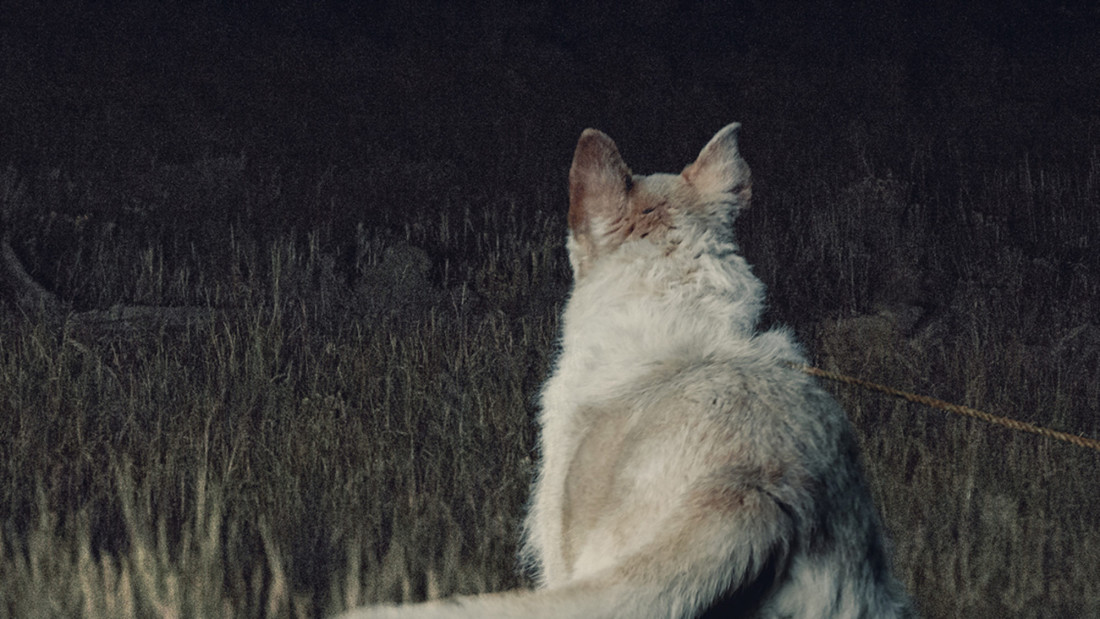
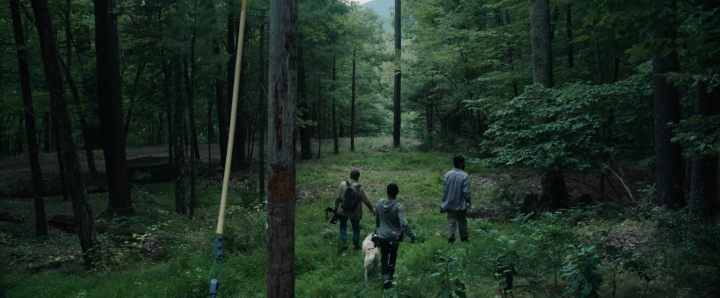
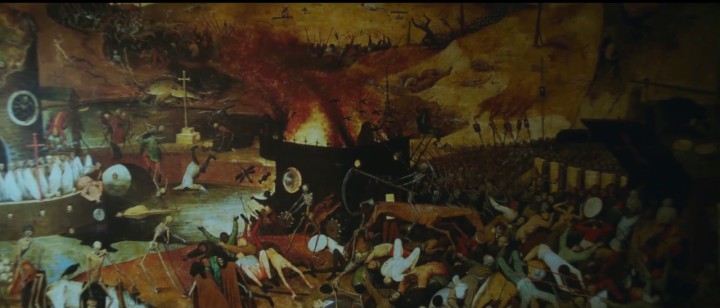
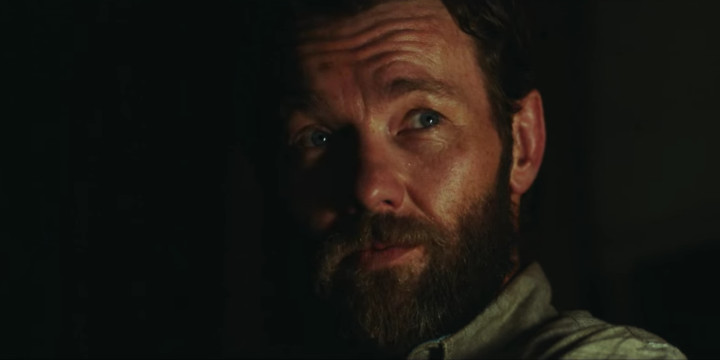
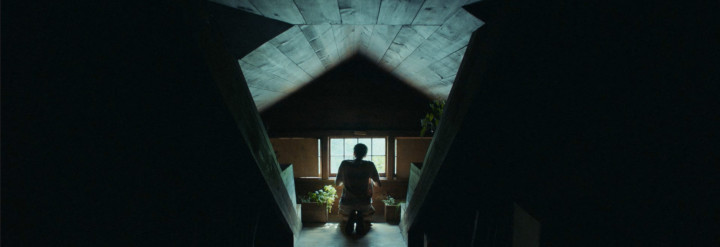
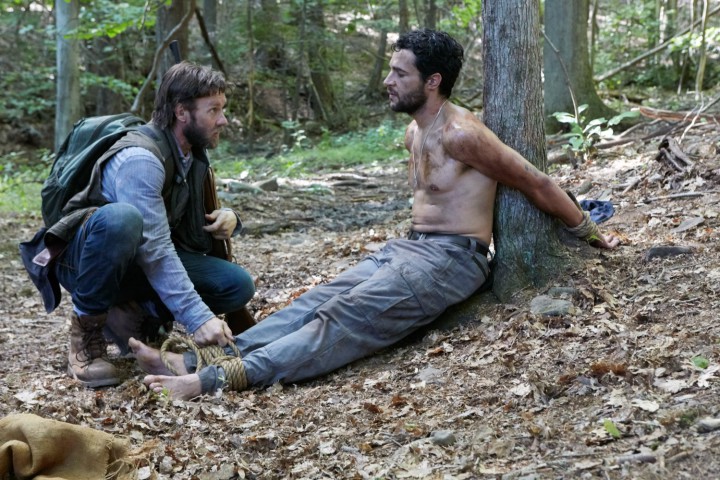
Thanks for a great review, Scott, that catches the essence of this terrific movie. Even with its flaws, which were minor, this was one of the best movies I’ve seen in ages. Horrifying, yes, but thought-provoking and brutally honest—most importantly, the story and the wonderful actors raised important questions that many people especially, including preppers, don’t really want to deal with. I loved every second of it. The sometimes slow place was a merciful break from the relentless tension. I rarely cry in movies but I was weeping in the theatre at the end of this one. If you’ve got the courage to see a movie that deals with the best and the worst of human nature under horrific circumstances, I urge you to see it. And see it on the big screen because it’s enhanced by surrounding darkness. Also, schedule time for silence afterwards, you’ll need it.